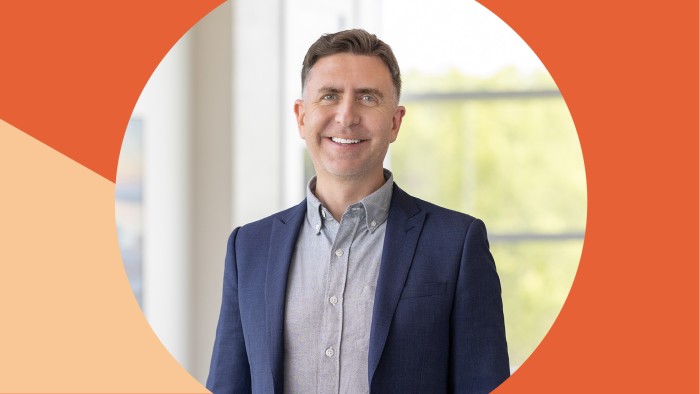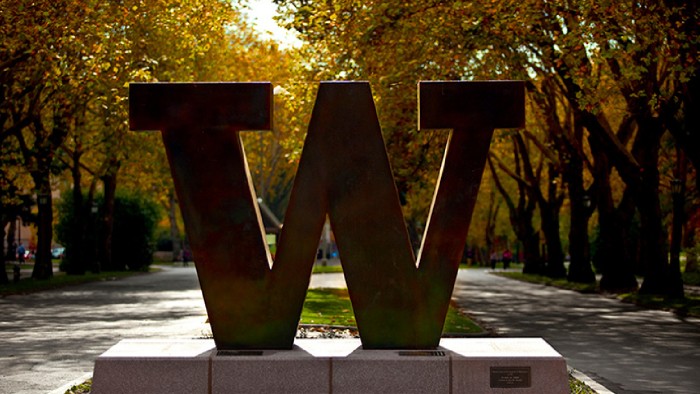
Local and Online Postsecondary Education Providers Partner to Offer In-Demand Career Credentials in Rural Areas
 Rural postsecondary institutions often lack the resources to offer bachelor’s degree programs in locally in-demand fields that lead to well-paying careers. Because of this, positions in areas like teaching, healthcare, banking, information technology or the public sector are often filled by individuals educated outside of the community, while local learners struggle in low-wage jobs. One solution is to supplement local postsecondary courses and training with online offerings that can be completed from any location.
Rural postsecondary institutions often lack the resources to offer bachelor’s degree programs in locally in-demand fields that lead to well-paying careers. Because of this, positions in areas like teaching, healthcare, banking, information technology or the public sector are often filled by individuals educated outside of the community, while local learners struggle in low-wage jobs. One solution is to supplement local postsecondary courses and training with online offerings that can be completed from any location.
Ascendium’s recent awards to the Wakiya Foundation and Reach University support postsecondary education credentials resulting from partnerships between local and online postsecondary providers. These partnerships lead to options for learners from low-income backgrounds to pursue family-sustaining careers in their home communities. When these in-demand careers are filled by community members, they bring locally informed perspectives to professions that can foster continued economic mobility.
The Wakiya Foundation is piloting a program that partners three Montana tribal colleges with Western Governor’s University (WGU), an online postsecondary institution. They will support the tribal colleges’ use of labor market data to develop bachelor’s programs that align with in-demand local careers. To do this, tribal colleges will supplement available course offerings with WGU offerings. In a discussion about the Wakiya Foundation work, Ascendium Program Officer Valerie Crespin-Trujillo comments: “The opportunity to receive an affordable, culturally relevant, workforce-aligned credential or degree at tribal colleges will empower students to remain on tribal land and make a direct impact on their communities.”
Reach University is building partnerships that address the educational needs of rural communities throughout a learner’s lifetime. It has identified 50 districts in four states where there are teacher shortages and where resources for teacher training programs are also lacking. In these locations, rural community colleges and K-12 schools will partner to provide adult learners with paid, for-credit training in the classroom. Prospective teachers receive 30 credits for working in under resourced schools in their home communities and complete their bachelor’s degree taking advantage of flexible, online courses.
Online postsecondary education offerings, bolstered due to the COVID-19 health crisis, provide new options for rural institutions to ensure that in-demand training is available to rural learners. These local opportunities for education and advancement transform communities. The Wakiya Foundation and Reach University’s efforts provide examples of what can be done in this space and pave the way for others to form similar partnerships.


